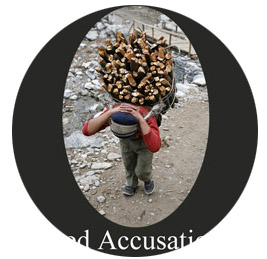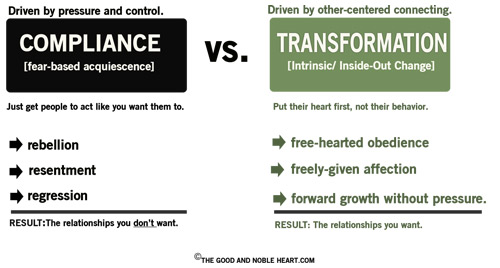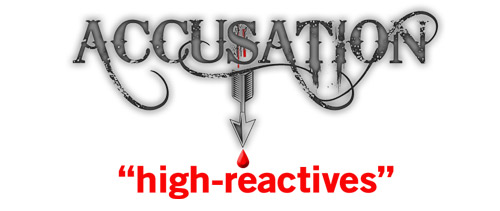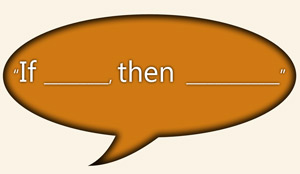The myth of punishment: It is not the same as "natural consequences."
 Tuesday, November 19, 2013 at 2:22PM
Tuesday, November 19, 2013 at 2:22PM Many parents and teachers wrongly assume that the use of punishment is the same thing as experiencing "consequences," particularly "natural consequences." Adults justify the use of punishment [whether gentle or aggressive] by reminding the child that they are ostencibly "making choices" and that bad choices have repercussions or "consequences." But adults cunningly call those repercussions "natural consequences," as if they are universal and happen to everyone everywhere. So according to that justification, whatever happens to the child is the result of a choice they've made, not a situation the adult has set up.
While bad choices do have repercussions, I assure you that to a child, punishment is experienced very differently than natural consequences. Here's how punishment is distinctly different from natural consequences.
PUNISHMENT:
Punishment uses coercion, threat and pressure:
"If you don't do what I'm asking, you will go to your room for a time-out."
"If you don't do well on your report card, you won't be able to go to the dance."
The "consequence" that an adult sets up for the child is designed to compel the child into one right response - the one the adult would choose. The child must comply, or experience some kind of pain or loss. [To be determined by the adult, of course.] Though the adult may in fact be right about what is needed in that situation, the use of punishment generates fear and anxiety rather than a healthy motivation to do the right thing.
Moreover, the punishment is being set up and arranged for by the adult, rather than something that occurs as a natural outflow of an action, whether or not the adult arranged for it. For example, if I go skating on a pond before it has frozen completely over, I may fall in and experience hypothermia; yet no one has arranged for that consequence for me. It's simply a natural and understandable cause-and-effect. No one created the effect [falling in] in order to get me to be less foolish.
Ironically, the same parents who would agree that "perfect love casts out fear" would advocate the use of punishment [and its use of intimidation] to enforce proper behavior.
Punishment removes the possibility of a meaningful choice for the child.
It is a fallacy to believe that the child is making a true, internally-motivated choice when the only two choices we have given her are either, "Do what I say" or "Experience fear and rejection."
Punishment will also guarantee that the child's choice to comply with your wishes will not be motivated by love for you. Nor will they obey because they genuinely respect you. Rather, their motivation will be to avoid pain. Using punishment actually disengages a child's genuine desire to do the right thing because fear will override any possibility that the choice will be made out of loving respect for you.
Punishment teaches the misuse of power.
Finally, punishment teaches the child that the way you get someone to do something is by using power against them. It says to the child, "Authority is something to be feared rather than loved and honored."
NATURAL CONSEQUENCES:
Natural consequences, on the other hand, are not the fruit of threat and coercion, because no one is manipulating the child towards any particular outcome. No one is using their authority or power to insure that their demands are met.
In the case of a true natural consequence, the child retains a meaningful choice in the matter. No one is arranging for or demanding any particular outcome. For example, if a teen chooses to drive recklessly down a neighborhood street, he could hit a toddler who steps out from behind a parked car. The toddler may be tragically injured or killed as a natural consequence of the teen's actions; yet that natural consequence isn't being set up by an adult in order to constrain good choices behind the wheel.
Bottom line: Justifying the use of punishment by calling it a "natural consequence" does not make it so. The fruit of punishment is fear, not love.
Helpful resources:
- Watch the video: Relating Without Control, Jim Robbins
- Read the book: Unconditional Parenting, Alfie Kohn




































